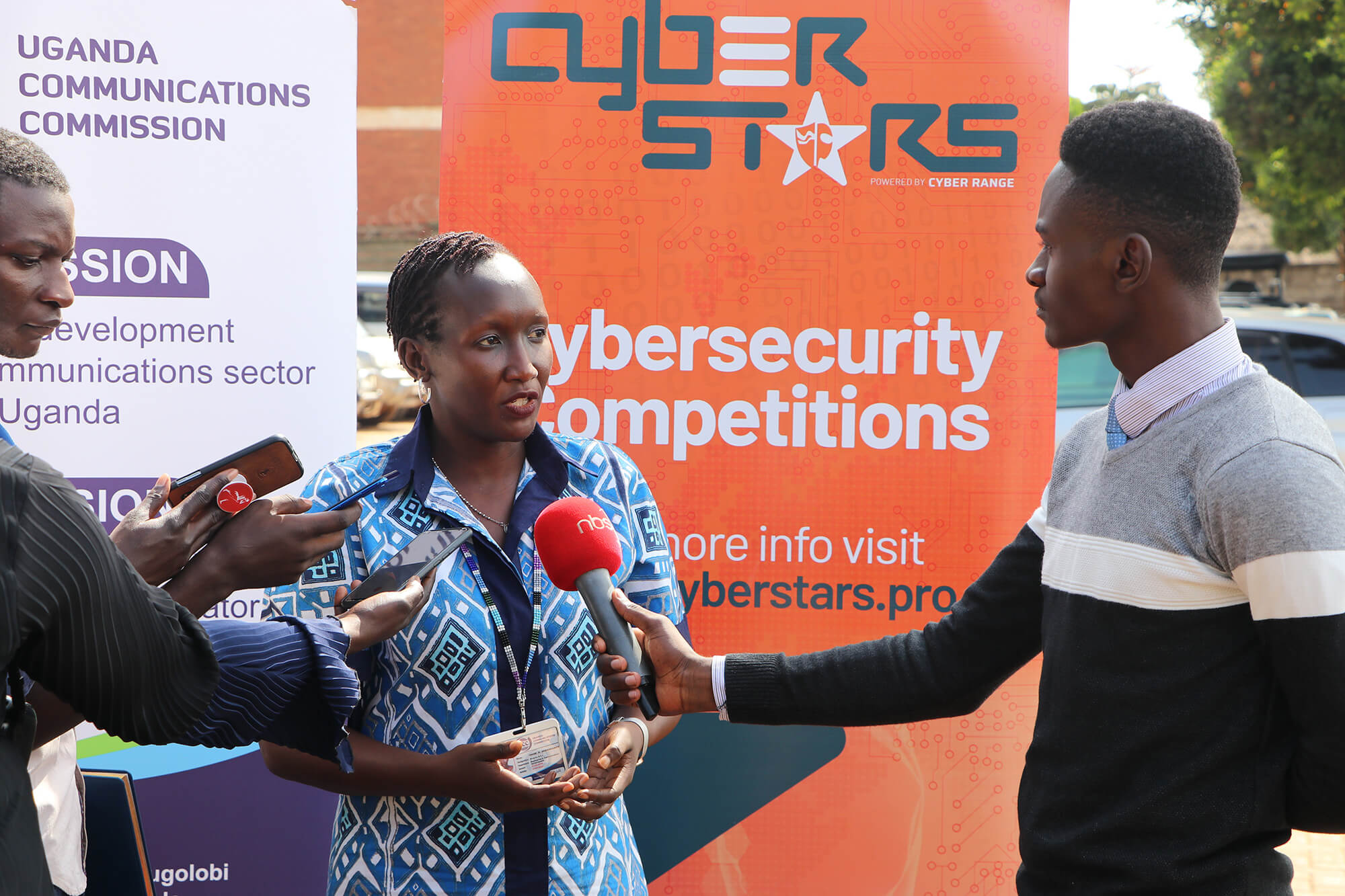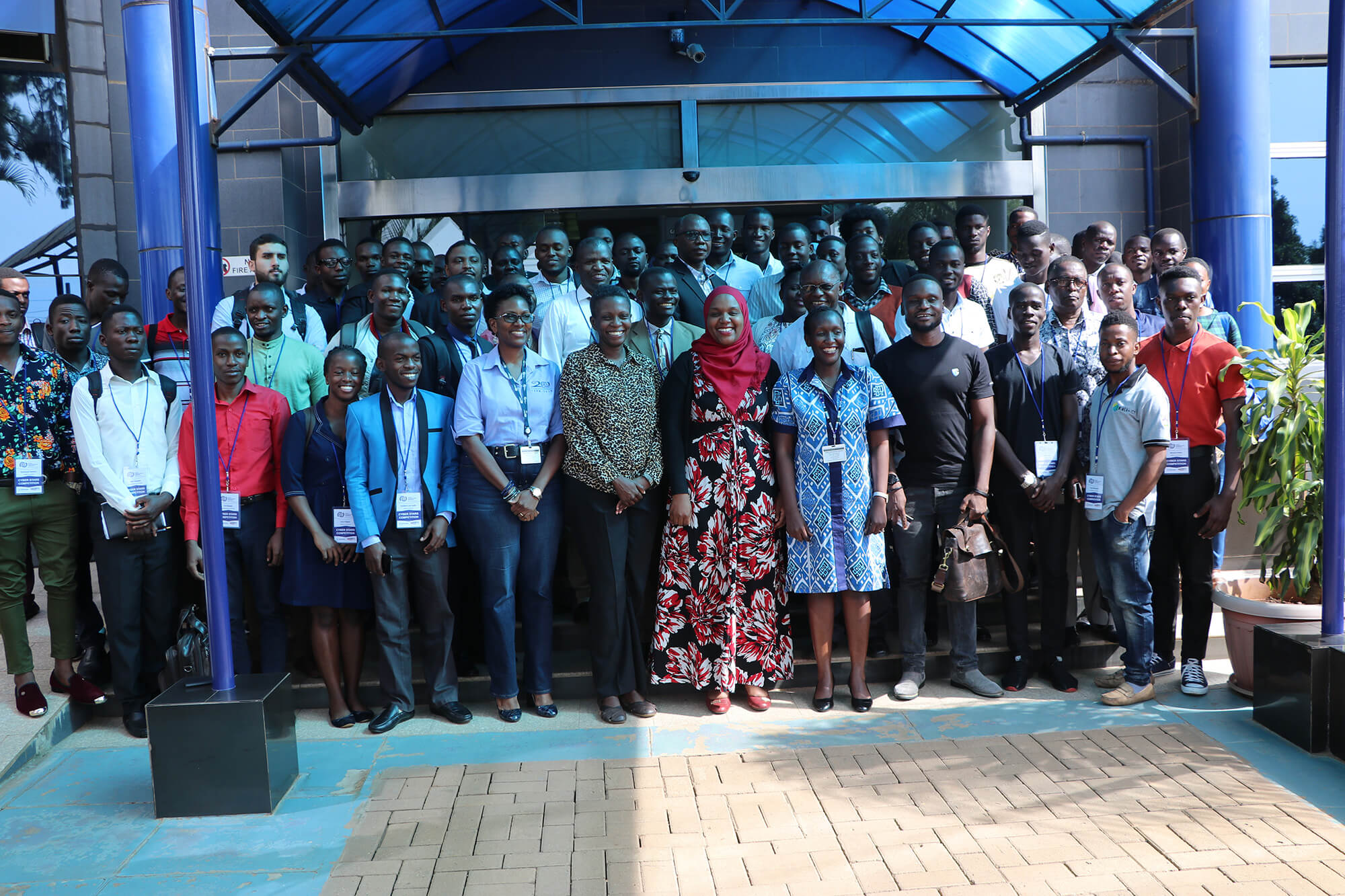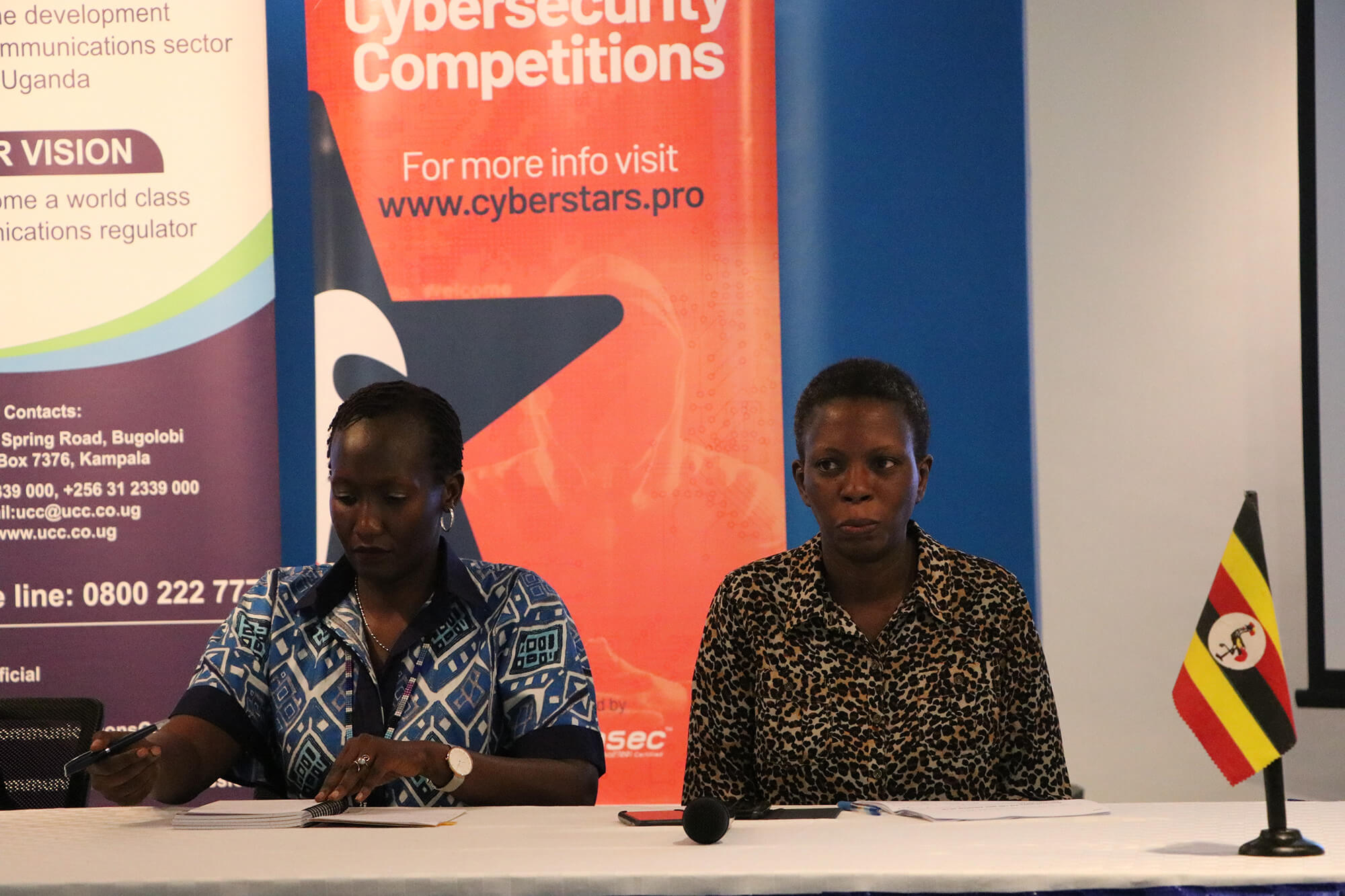UCC CyberStars competition launched
Uganda Communications Commission (UCC) has moved to tackle the growing cyber threat by launching the first-ever cybersecurity competition targeting university students.
More than 500 university students aged 18-24 participated in an inaugural workshop on cybersecurity techniques at the Commission head office in Bugolobi on Friday, February 21, 2020.
The workshop, sponsored by UCC and Silensec, an Information Security Management Consulting and Training Company, and conducted by Kenyan cybersecurity specialist Kapere Ndege, sought to map the key areas for the competition – knowledge, innovation, and skills in relation to cyber attacking, defending and responding.

The objective of the cybersecurity competition is to find young cyber talents that can foster the development of the required cybersecurity competencies.
Cybersecurity is a significant concern across the globe and individuals, businesses, governments and other institutions are exploring ways to secure their products and keep important data safe.
Data protection is most critical as rogue elements, and hacktivists seek to exploit vulnerabilities that exist within networks to disrupt and cause harm to society.
Developing countries such as Uganda are particularly vulnerable as they lack adequate skilled cybersecurity manpower to help prevent and combat possible attacks.
Launching the competition, Eng. Irene Kaggwa Ssewankambo, the UCC Acting Executive Director, said part of the problem is that the landscape of cybersecurity is becoming increasingly complex as “what is learned today may not address tomorrow’s problems.”
Ms Kaggwa further noted that cybersecurity has evolved to a step where “it’s no longer about simple viruses.”
She said Uganda must not wait for foreigners to solve our problems hence the need to build the capacity of young professionals “who will help us to prevent unwanted access to all our ICTs.”
With studies showing that many people are vulnerable to cyber-attacks and crimes as they lack even the most basic protection mechanisms, Ms Kaggwa appealed to Ugandans to take a keen interest in their cybersecurity, starting with their mobile phones, to protect their valuable data.
Noting that Uganda has made strides in addressing cybersecurity concerns, Ms Christine Mugimba, the Director of ICT and Research at UCC, said there are still gaps which the competition aims to address, at least in part.

The global cost of cybercrime, Mugimba revealed, has grown from $445 billion in 2014 to $600 billion currently— about 0.8% of the global GDP. According to the Uganda Cybersecurity Report 2017, private and public entities lost over Shs 55.5b in cyber fraud the previous year.
However, while some 400 cases of cyber-crime such as information alteration, money laundering and electronic fraud were recorded in 2017, the report indicates that 95.6% of cybersecurity incidents went unreported or unresolved and only 4.4% of the reported cases were successfully prosecuted.
The guest speaker, Dr Hanifa Nabuuma, an electronics engineer from Makerere University, said cybercrime is widespread and yet many cases don’t get reported.
Making a presentation on “Cybersecurity as a career”, Dr Nabuuma encouraged the students to consider a career in cybersecurity, pointing out that as cybercriminals grow more sophisticated, cybersecurity professionals are bound to be in high demand.

The Cyber Stars Competition and the partnership with Silensec, which is recognised by International Telecommunications Union (ITU) in the area of cybersecurity, aims to not only strengthen the Commission’s efforts to protect critical information infrastructure but also to build a culture of cyber awareness.
Participating Universities include; Uganda Christian University, Makerere University, Kyambogo University, ISBAT University, Kabale University, Clarke International University, Cavendish University, Uganda Technology and Management University, Nkumba University, Kabale University, Uganda Martyrs University who turned up for the workshop.



